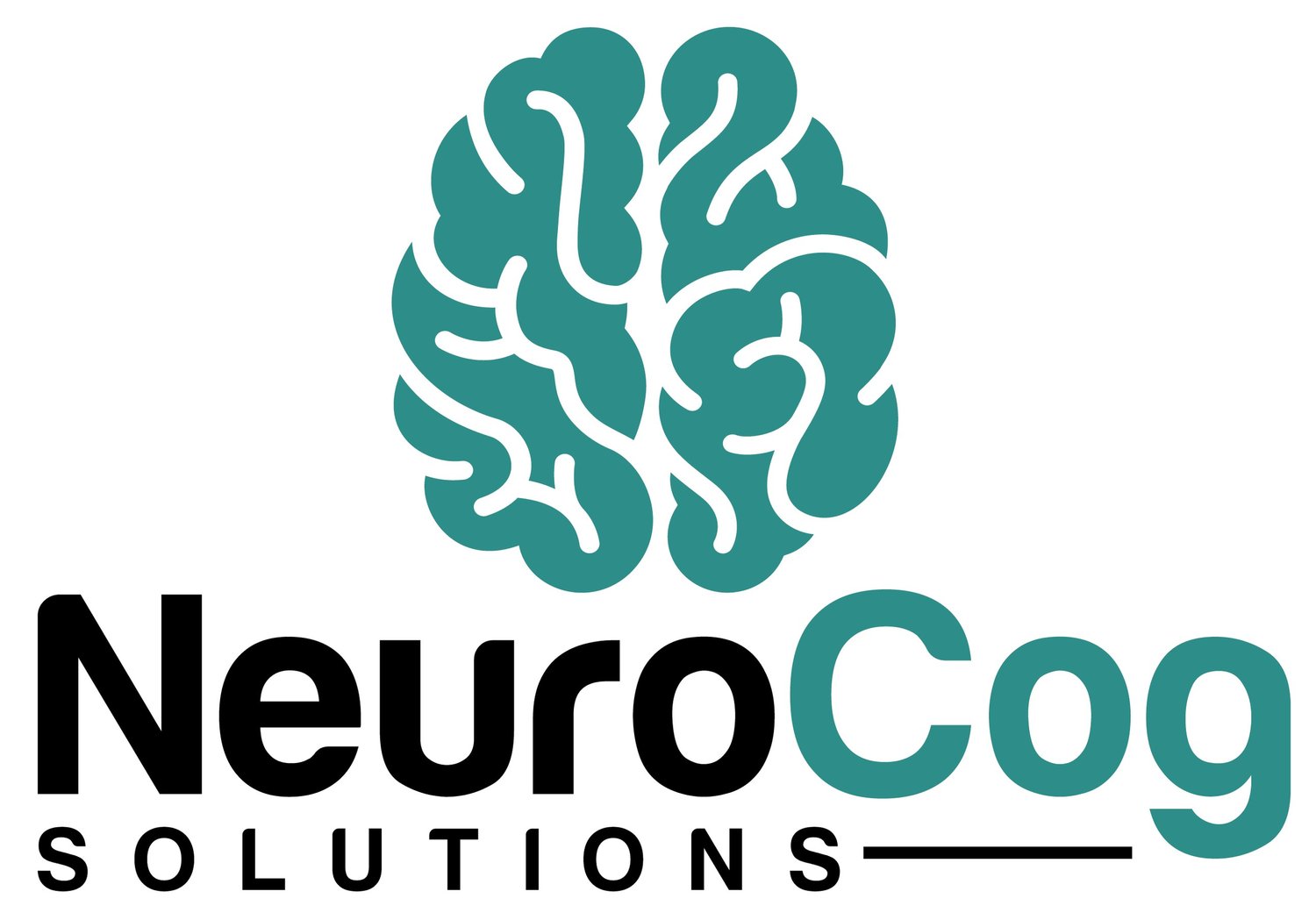What is Aphasia?
Aphasia is an acquired communication disorder (meaning it occurs after birth) and usually results from an injury to the brain. Many different brain conditions can cause aphasia including stroke, traumatic brain injury, or tumor. Certain forms of dementia may also cause aphasia. One form of dementia, Primary Progressive Aphasia (PPA), is caused by continued deterioration of brain tissue. PPA will be discussed in a later post.
Aphasia can affect how someone produces language and/or understands language. When someone has trouble saying words, it is a type of expressive aphasia. Expressive aphasia is usually related to damage in the left frontal lobe of the brain. When someone has trouble understanding language, it is a type of receptive aphasia. Aphasia can be mild, moderate, or severe in nature. People with aphasia usually describe their experience as “knowing what I want to say, but not being able to get the word(s) out.”
In many cases, aphasia does not impact a person’s cognitive abilities or intelligence. They are still able to form thoughts and ideas, but now have difficulty communicating those thoughts and ideas to others. If the cause of aphasia was due to stroke or injury, speech therapy can help improve speech and develop strategies to manage the symptoms. The condition may improve, and then remain stable. Unfortunately, individuals with Primary Progressive Aphasia will notice a worsening of symptoms over time. Assessment can track changes and inform both treatment and supports.
If you or someone you know has trouble communicating, reach out to us to see how our speech therapy services may be able to help.
